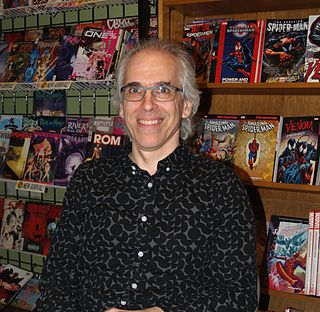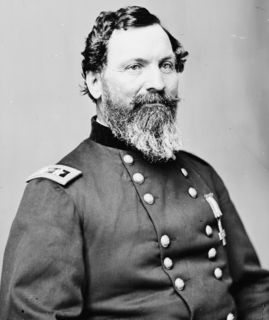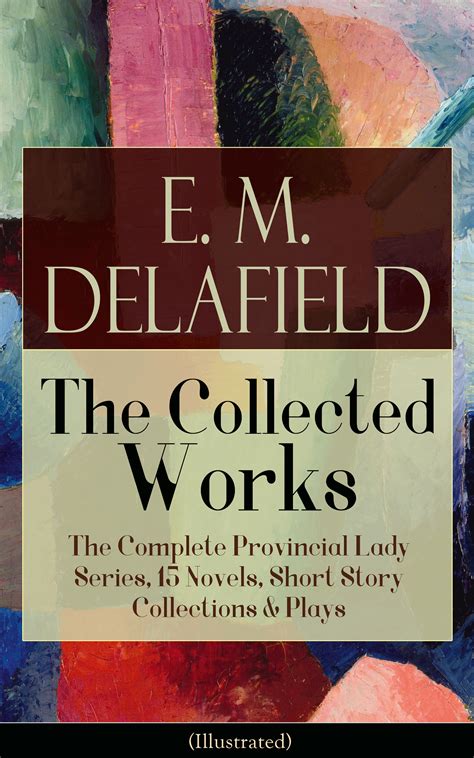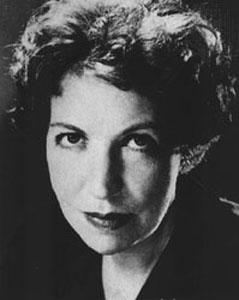Top 193 Austen Quotes & Sayings - Page 4
Explore popular Austen quotes.
Last updated on December 22, 2024.
Reading a novel after reading semiotic theory was like jogging empty-handed after jogging with hand weights. What exquisite guilt she felt, wickedly enjoying narrative! Madeleine felt safe with a nineteenth century novel. There were going to be people in it. Something was going to happen to them in a place resembling the world. Then too there were lots of weddings in Wharton and Austen. There were all kinds of irresistible gloomy men.
I do like the idea of the novel of repressed college students being a contemporary novel of courtship! I guess what I would say to that is, we tend to think of historical periods and historical mores as ending a lot more concretely than they do. Like, in an Austen novel, there are lots of reasons - cultural, moral, religious - why the characters don't have sex during courtship. Maybe, even though those reasons have kind of expired, historically, they're still around in some sense.
I haven't any right to criticize books, and I don't do it except when I hate them. I often want to criticize Jane Austen, but her books madden me so that I can't conceal my frenzy from the reader; and therefore I have to stop every time I begin. Every time I read Pride and Prejudice I want to dig her up and beat her over the skull with her own shin-bone.
The fame thing is interesting because I never wanted to be famous, and I never dreamt I would be famous. You know, my fantasy of being a famous writer, and again there's a slight disconnect with reality which happens a lot with me. I imagined being a famous writer would be like being like Jane Austen.
Without those forerunners, Jane Austen and the Brontes and George Eliot could no more have written than Shakespeare could have written without Marlowe, or Marlowe without Chaucer, or Chaucer without those forgotten poets who paved the ways and tamed the natural savagery of the tongue. For masterpieces are not single and solitary births; they are the outcome of many years of thinking in common, of thinking by the body of the people, so that the experience of the mass is behind the single voice.
Well, I'm drawn to stuff that is darker. I will probably do a version of Jane Austen at some point because her books are really well known. Unfortunately they've been parodied to death, but they're so well known that I feel like I should approach it and I think I have an idea that will definitely spin it in a different way. There's melancholy and sadness around the edges. I haven't read all of her books, but it seems they often have... essentially happy endings?
Worry is a complete circle of inefficient thought whirling about a pivot of fear. To avoid it, consider whether the problem in hand is your business. If it is not, turn to something that is. If it is your business, decide if it is your business now. If so, decide what is best to be done about it. If you know, get busy. If you don't know, find out promptly. Do these things; then rest your case on the determination that, no matter how hard things may turn out to be, you will amek the best of them - and more than that no man can do. Dr. Austen Fox Riggs
You ask whether I have ever been in love: fool as I am, I am not such a fool as that. But if one is only to talk from first-hand experience, conversation would be a very poor business. But though I have no personal experience of the things they call love, I have what is better - the experience of Sappho, of Euripides, of Catallus, of Shakespeare, of Spenser, of Austen, of Bronte, of anyone else I have read.
The system - the American one, at least - is a vast and noble experiment. It has been polestar and exemplar for other nations. But from kindergarten until she graduates from college the girl is treated in it exactly like her brothers. She studies the same subjects, becomes proficient at the same sports. Oh, it is a magnificent lore she learns, education for the mind beyond anything Jane Austen or Saint Theresa or even Mrs. Pankhurst ever dreamed. It is truly Utopian. But Utopia was never meant to exist on this disheveled planet.
All of women's stories in the 19th century had either one of two endings: you either had the good Jane Austen marriage at the end and you were happy; or you had the terrible Henry James savage downfall because of your own hubris as a woman, or you've made some great error leading you down a path to ruin. One is the story of love that's successful and the other is the story usually of reckless love that goes terribly wrong that destroys the woman.
I have nothing but great respect for great scholars. But I was in grad school in the '80s and '90s, at the height of the theory craziness. It had a big part in why I ended up becoming a writer rather than a scholar, because I thought, "I just can't play these games." I was interested in literature because I loved literature, and so much of the theoretical positioning, at that moment 25 years ago, was antagonistic to literature. You know, trying to show that Jane Austen is a terrible person because she wasn't thinking about colonialism.
When I first thought about becoming Jane Austen I had to forget about the fear, or at least choose something else to focus on because it was becoming paralysing, I couldn't focus. I felt frightened, not so much by her fans' reaction to my performance but that I would be playing someone who I think is a legend, who I respect and admire so much. I didn't want to fail, so I was putting a lot of pressure on myself.












